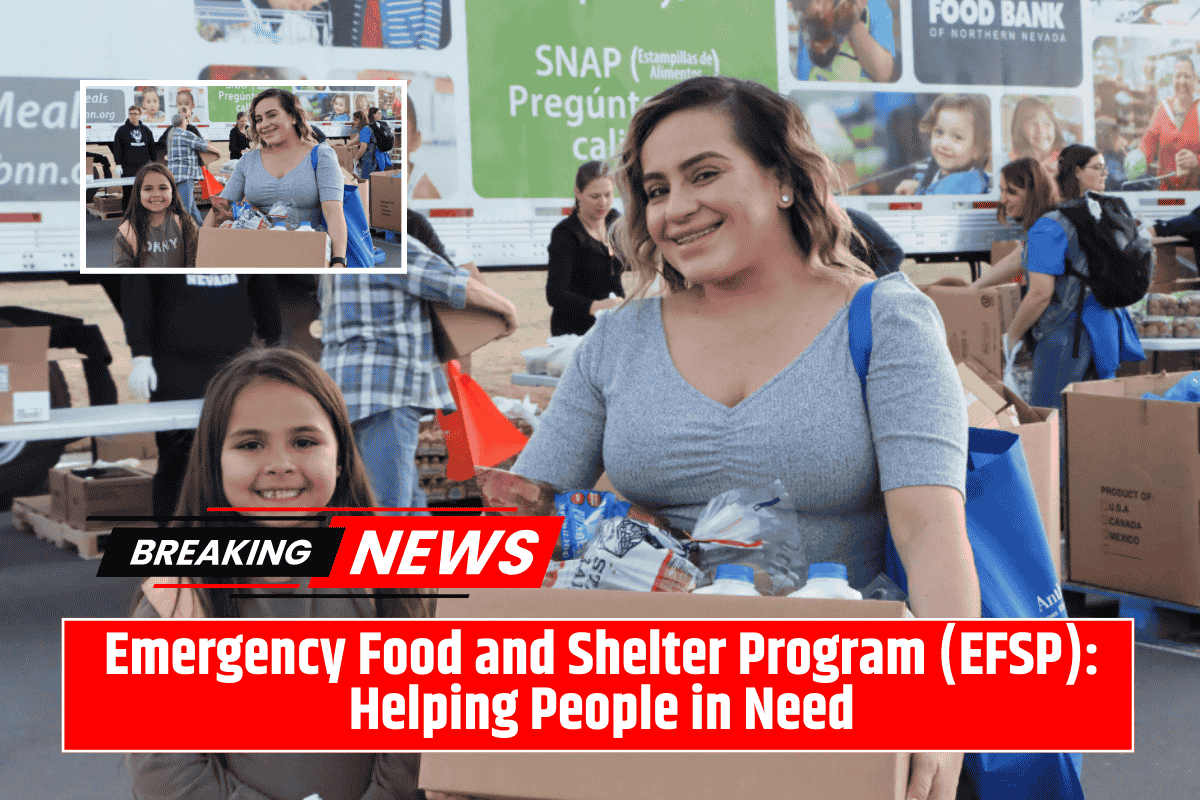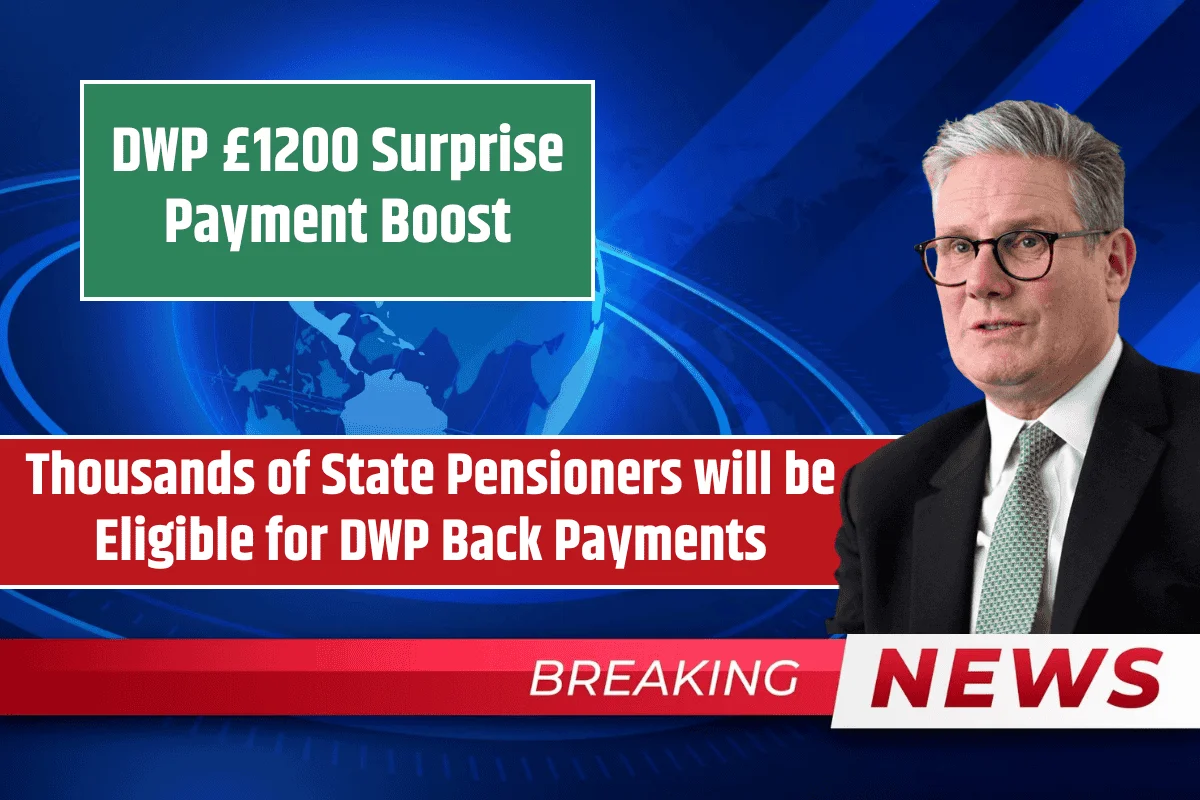The Emergency Food and Shelter Program (EFSP) is a U.S. government-funded program managed by FEMA. It was created to help people who are facing non-disaster-related emergencies like hunger, homelessness, or the risk of losing their homes. The program gives money to local organizations so they can provide food, shelter, and other emergency services to people in need.
This program was started under the McKinney-Vento Homeless Assistance Act of 1987. One special thing about EFSP is that it works independently of disaster declarations. That means you don’t have to wait for a natural disaster for the program to help—it focuses on everyday emergencies that people face.
What Services Does EFSP Support?
Organizations that receive EFSP funds can use the money to offer many useful services, such as:
Food Services
They can provide groceries or hot meals to hungry individuals and families.
Shelter
EFSP pays for short-term lodging in shelters, hotels, or motels. This is usually limited to 30 days per person or family.
Rent and Utility Help
One month’s rent or mortgage can be paid to avoid eviction or foreclosure. Utility bills may also be covered to stop disconnection.
Transport Support
If someone needs transportation for food or shelter purposes, EFSP can cover those costs.
Equipment Repairs
Small emergency repairs (under $300) on kitchen or shelter equipment are allowed.
Building Safety Repairs
If a building needs emergency fixes to meet safety rules, up to $2,500 can be used for repairs.
Accessibility Improvements
Money (up to $2,500) can be used to make shelters or kitchens accessible to people with disabilities.
Essential Supplies
Small items (under $300 each) that are necessary to cook or provide shelter can also be bought.
How EFSP is Managed
The EFSP National Board handles the main responsibilities. It includes members from FEMA, Red Cross, Catholic Charities USA, the Salvation Army, and other well-known charities. United Way Worldwide acts as the program’s manager and handles the daily work.
The National Board selects cities and counties with the most need, using population, poverty, and unemployment data. These areas then form Local Boards, which decide how the funds will be used and which local organizations will receive the money.
What Do Local Boards Do?
Local Boards are made up of local representatives from the same national organizations on the National Board. They also include a government official, a person who has been homeless or used the services before, and—if needed—a representative from any nearby tribal community.
These Local Boards:
- Advertise the availability of EFSP funds
- Review local needs and set priorities
- Select which groups receive the funds
- Monitor how the funds are used
They also make sure that all money is spent according to EFSP rules and that people are treated fairly and respectfully.
Who Can Get Help from EFSP?
EFSP is open to individuals and families who are homeless or at risk of becoming homeless or hungry. Local boards or recipient organizations can set rules to check who qualifies.
However, there are some important rules:
- Help must be given without discrimination—no matter a person’s age, race, gender, religion, or background.
- Services must be free—no one should be asked to pay or attend religious sessions to get help.
- Programs must support people in moving from temporary shelters to permanent homes and connect them to other helpful services.
The Emergency Food and Shelter Program (EFSP) is an important safety net for people going through tough times. It provides quick help through food, shelter, and other services without needing a natural disaster to trigger support. By funding local organizations, EFSP strengthens community efforts to fight homelessness and hunger in a respectful, fair, and effective way. Whether you’re at risk of losing your home or simply need a meal, EFSP-funded agencies are there to help—without judgment and without delay.
FAQs
What is the Emergency Food and Shelter Program (EFSP)?
EFSP is a federally funded program managed by FEMA that supports local organizations in providing food, shelter, rent, and utility assistance to people facing non-disaster-related emergencies.
Who is eligible for EFSP assistance?
Individuals, families, or households who are experiencing or at risk of hunger or homelessness are eligible. Local boards may set specific criteria based on local needs.
Do I need to be affected by a disaster to get EFSP help?
No, EFSP is designed for non-disaster-related emergencies. You do not need to be in a declared disaster area to receive assistance.
What types of services are covered under EFSP?
EFSP covers food (groceries or meals), shelter, rent/mortgage help, utility bills, transportation for food/shelter needs, and some minor equipment or repair costs.
Can I be denied EFSP help for not attending religious services?
No, EFSP assistance is provided without discrimination and cannot be tied to religious participation or service attendance.















